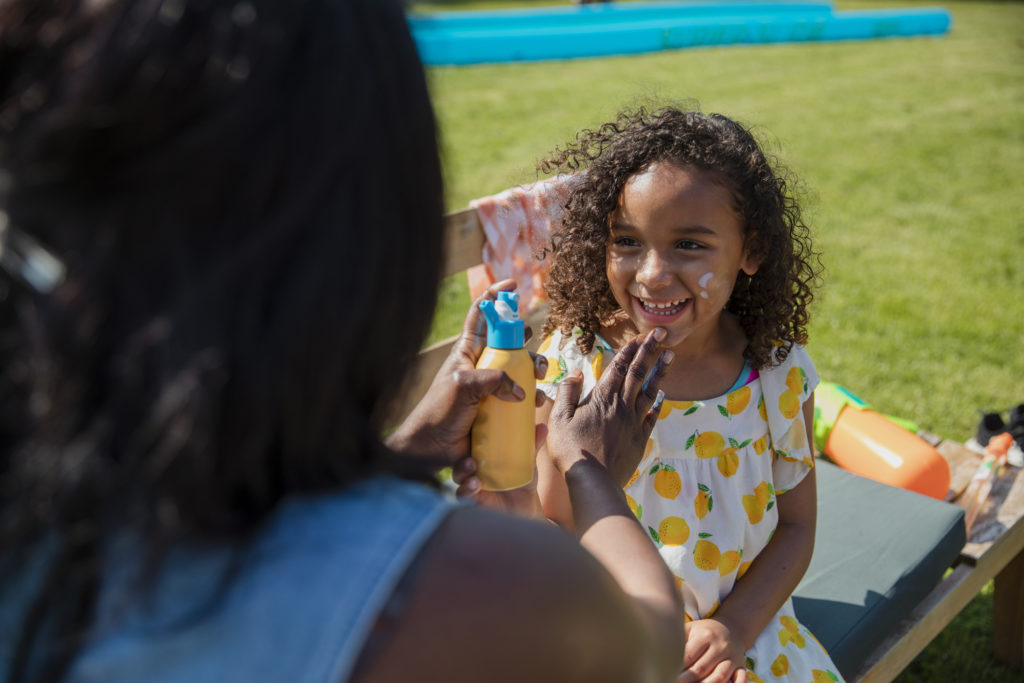You’ve stocked your cooler, packed up the frisbee and checkered blanket and dabbed on sunscreen — you’re more than prepared for a picnic in the park. But a few hours into the crisp, sunny day, you notice that the skin you’ve left exposed to the sun is starting to burn. But I made sure to apply sunscreen this morning, you think. So, what gives?
Unfortunately, the fact that you remembered your sunscreen isn’t always enough to ward off sun damage. From application mistakes to old products, there are sneaky ways your sunscreen can go from effective to inadequate. Read on to discover three common reasons your sunscreen isn’t performing.
- Your Timing Is Off
Sunscreen is an important tool in your sun protection arsenal, but it’s up to you to apply it correctly and maximize its effectiveness. Start off right by applying before you go outside — sunscreens with organic ingredients like avobenzone and octinoxate need 15 to 20 minutes to fully absorb into the skin. If you venture out before this, you’re not getting the full SPF protection advertised on the product.
Unlike UPF clothing or UV-protective sunglasses, one sunscreen application won’t last the whole day. Reapplying every two hours and immediately after swimming or sweating will keep you protected, so remember to reach for the sunscreen after that blood-pumping game of pickup football.
- You’re Skimping on Sunscreen
Sunscreen can’t do it’s job effectively if you don’t use enough product, or if you’re missing exposed skin during application. A good rule of thumb is to use one ounce of sunscreen (about a shot glass full) to cover your entire body and a nickel-sized dollop for the face alone. Don’t forget to apply to the tops of the hands and ears, eyelids, back of the neck and around your hairline. These spots are easy to miss, but can just as easily get burned!
- Your Product Is Past Its Prime
It might be tempting to try and squeeze the most out of your sunscreen no matter how old it is, but using an expired product won’t do you any favors. Sunscreens have expiration dates because the active ingredients break down over time, meaning they no longer provide the level of SPF protection advertised. Most products last about 3 years before this happens. Sunscreens can degrade faster when exposed to sunlight or heat, which is why you should store sunscreens in a cool, dark place. Don’t keep sunscreen in your car. Heat can get trapped in the vehicle and break down sunscreen products quickly.
Lastly, it’s important to remember that sunscreen alone isn’t enough. The Skin Cancer Foundation recommends a sun protection routine that includes covering up with clothing, including a wide-brimmed hat and UV-protective sunglasses, seeking shade and avoiding peak sun hours.
View our Recommended Products.




